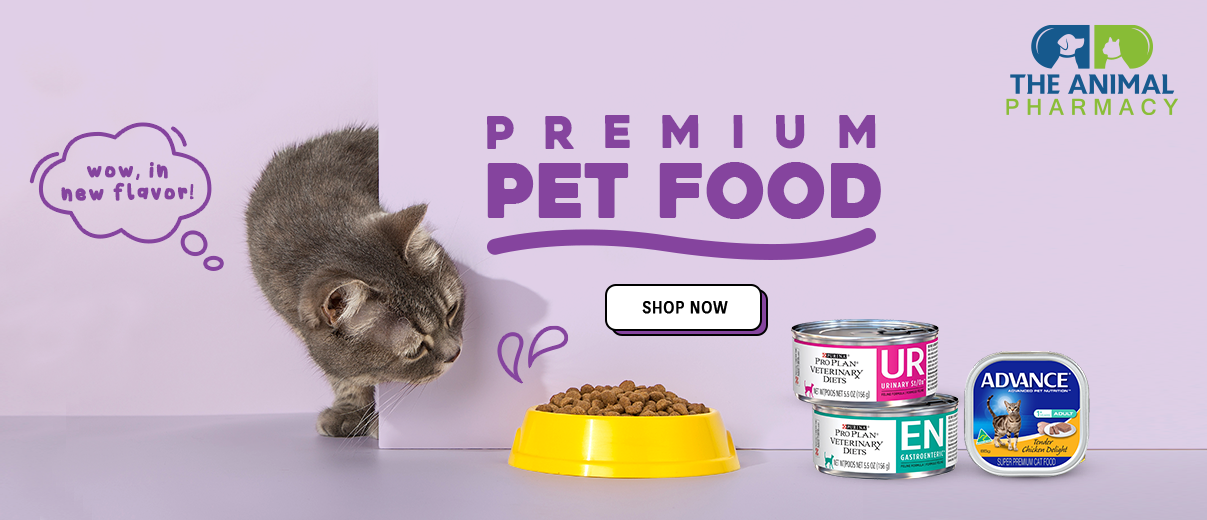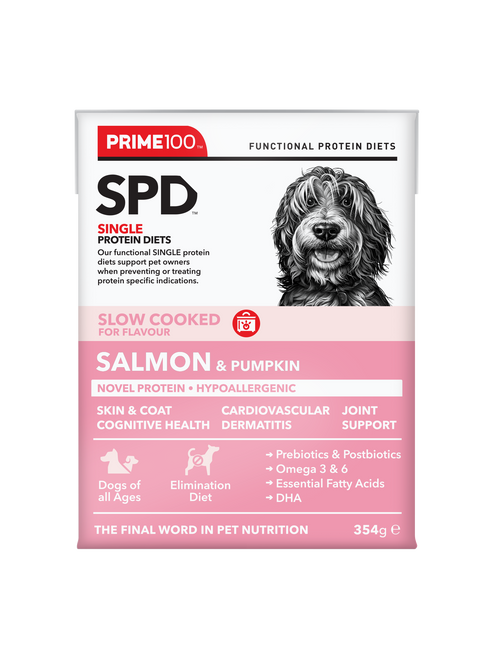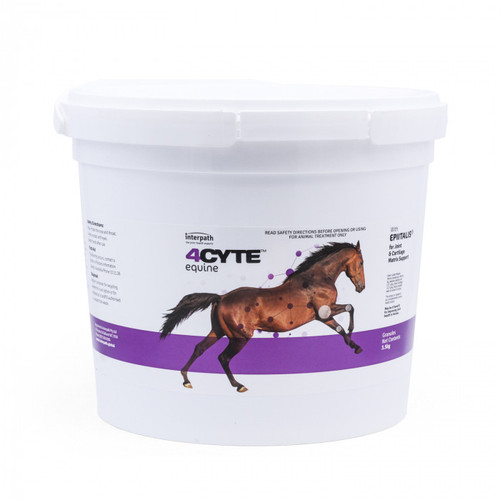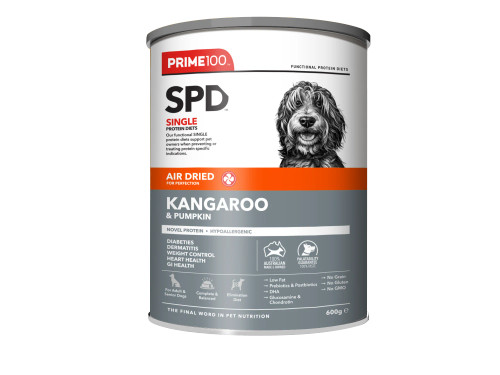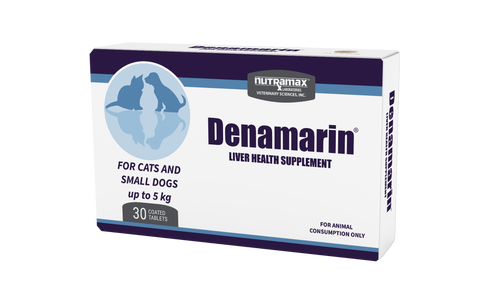
Australia’s original pet pharmacy
Quality customer service 6 days a week
Experts in pet medication

Huge range of foods, supplements and medication
Featured Products
Shop by Categories
How to Order
The Animal Pharmacy has the largest range and the cheapest prescription animal medicines in Australia. To order a prescription medicine, make sure to follow these simple three steps.

Get your Script
Ask your vet to kindly write a prescription.

Order Online
Find the medicine listed in our inventory and follow the checkout process.

Send us your script
Mail the original copy of the prescription to:
The Animal Pharmacy
Reply Paid 88675
North Ryde NSW 2113
About Us The Animal Pharmacy
The Animal Pharmacy is the Original Australian pet pharmacy! Serving Animal health since 2012, we pride ourselves on our love for animals and our stellar customer service. We're always here on the phones for any query you have!
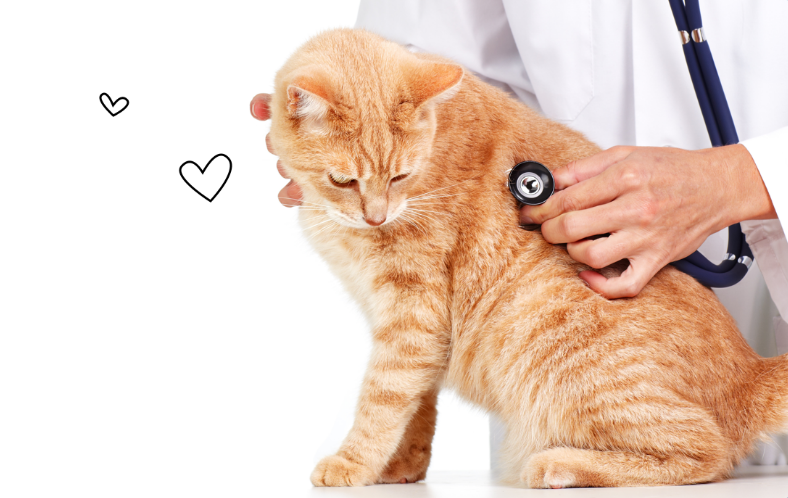
Australia's Leading Pet Medication Provider
We are proud to be a one-stop-shop for all of your pet medicine needs. No matter what you might require, our comprehensive range is sure to provide you with the right product to suit your needs.
Read More
Revolutionising Allergy Control with Apoquel for Dogs
Our Apoquel for dogs is a game-changer in managing your pet's persistent itch due to allergies, ensuring your furry friend can enjoy life without discomfort.
Joint Health and Mobility with 4CYTE
Invest in your pet's joint health with our comprehensive range of 4CYTE products. Our 4CYTE for dogs and 4CYTE Epiitalis Forte Gel for dogs deliver unmatched support for joint function and mobility, while 4CYTE Cat offers specialised care for your feline companion.
Managing Diabetes with Insulin for Dogs
We're committed to making diabetes management more manageable for your pet with our range of insulin for dogs, designed to regulate and maintain blood sugar levels for healthier, happier pets.
Cardisure for Heart Health
For pets with heart conditions, our Cardisure offerings, available in Cardisure 5mg and cardisure 1.25mg, provide a tailored approach to supporting heart health in your dogs.
Vetmedin: Comprehensive Cardiac Care
With Vetmedin for dogs, available in Vetmedin 1.25mg and Vetmedin 2.5mg, we make cardiac health management easier, promoting better quality of life and heart function for your pet.
Improving Gut Health with Fortiflora
Enhance your pet's digestive health with our Fortiflora for dogs. This probiotic supplement encourages a healthier gut, promoting overall wellness.
Purina: Quality Nutrition for Your Pet
Choose the best for your pets with our Purina cat food and Purina Pro Plan dog food, nutritionally complete meals that cater to your pet's unique dietary needs.
Top-tier Flea and Tick Protection with Nexgard
Keep pests at bay with our Nexgard and Nexgard Spectra offerings, available in Nexgard 3 packs and Nexgard 6 packs for small dogs. These products offer comprehensive protection from fleas and ticks.
Pain Management with Previcox
Support your pet's comfort with our Previcox for dogs, providing targeted pain relief for dogs suffering from arthritis or other painful conditions.
Cerenia: Reliable Nausea Relief
Manage your pet's nausea and vomiting with our Cerenia and Cerenia injection range, designed to provide fast, effective relief and improve your pet's quality of life.
Read Less








